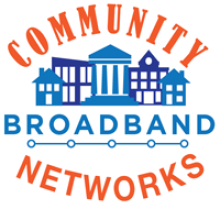Public Ownership of Networks Can Solve Broadband Policy Fights
We are running a guest commentary today. Eric Null is a third-year law student at Cardozo Law School in New York City. He is passionate about corporate and intellectual property law, as well as technology and telecommunications policy. Follow him @ericnull or check out his papers. While researching a paper about municipal broadband networks, I was struck by the tremendous benefits that municipal networks can provide. It can be the first high-speed Internet link for an area without broadband, or it can provide some much-needed competition in areas that currently have access to broadband, but for some reason that existing access is unsatisfactory (e.g. price, service). Municipalities, in theory, can run the network for the benefit of the public rather than with a vicious profit maximization motive. Indeed, municipal networks bring many benefits. But first, a little history. In the United States, cable providers have set up regional monopolies for themselves, and “competitors” such as DSL and satellite are characterized by slower connection speeds and it is arguable that they are actual substitutes to cable access. Certainly within the cable industry, any “competitive” cable company attempting to compete with incumbents is met with high costs of building new infrastructure and lack of customer base. Municipalities can pick up where smaller, private entities cannot succeed. Municipalities have had a long history of investing in critical infrastructure, and they have the mentality for long-term planning that private companies simply cannot enjoy. A large company like Verizon likely has to justify any expansion of its network to its investors and ensure them that the venture will return a profit relatively quickly. Not so with municipalities; a city network allows its citizens to benefit indirectly (and directly) over the long-term. Thus, city governments can be a formidable competitor in the telecom and cable industries. Some states, regrettably, have banned or restricted the practice. In Nixon v.



